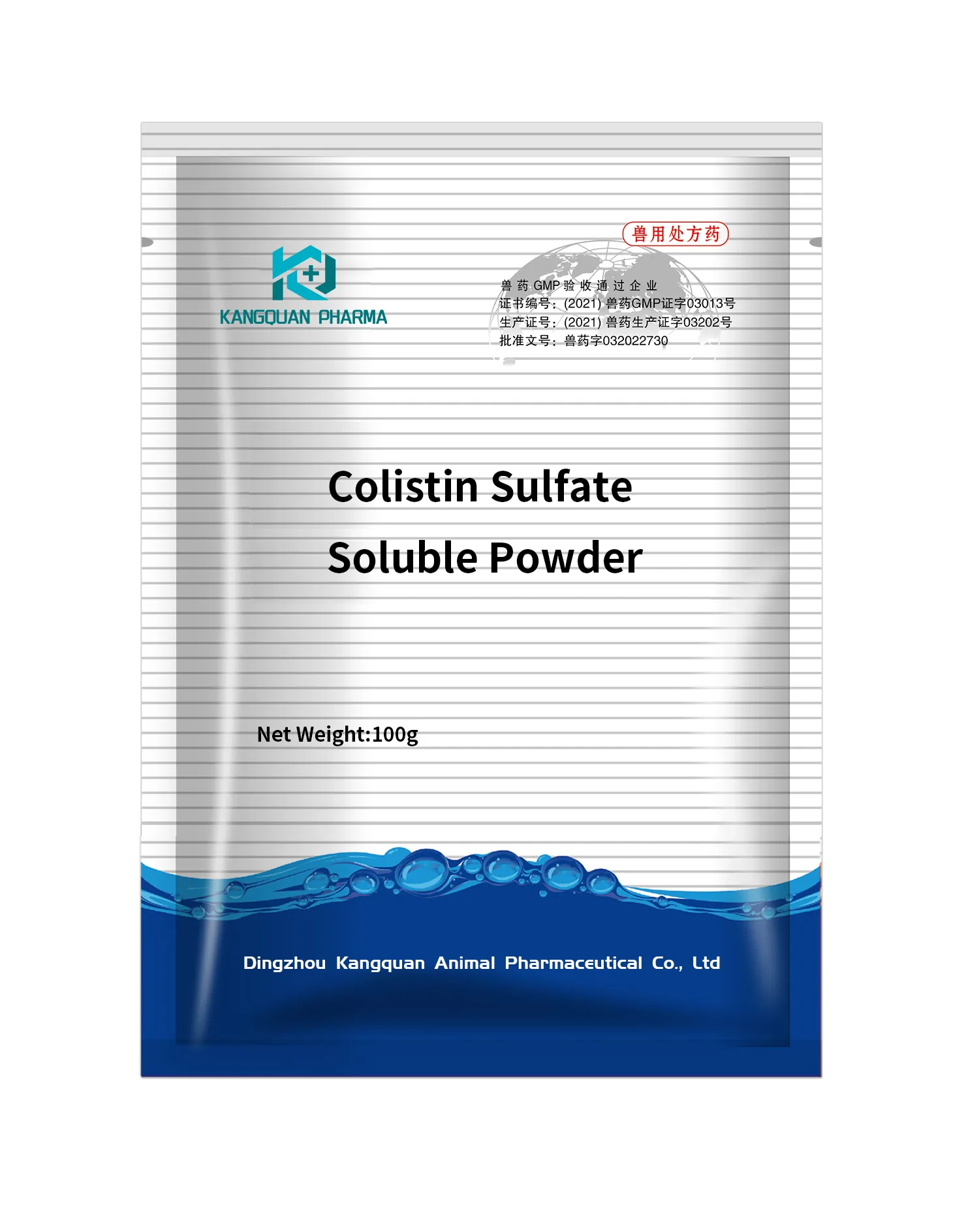- Afrikaans
- Albanian
- Amharic
- Arabic
- Armenian
- Azerbaijani
- Basque
- Belarusian
- Bengali
- Bosnian
- Bulgarian
- Catalan
- Cebuano
- Corsican
- Croatian
- Czech
- Danish
- Dutch
- English
- Esperanto
- Estonian
- Finnish
- French
- Frisian
- Galician
- Georgian
- German
- Greek
- Gujarati
- Haitian Creole
- hausa
- hawaiian
- Hebrew
- Hindi
- Miao
- Hungarian
- Icelandic
- igbo
- Indonesian
- irish
- Italian
- Japanese
- Javanese
- Kannada
- kazakh
- Khmer
- Rwandese
- Korean
- Kurdish
- Kyrgyz
- Lao
- Latin
- Latvian
- Lithuanian
- Luxembourgish
- Macedonian
- Malgashi
- Malay
- Malayalam
- Maltese
- Maori
- Marathi
- Mongolian
- Myanmar
- Nepali
- Norwegian
- Norwegian
- Occitan
- Pashto
- Persian
- Polish
- Portuguese
- Punjabi
- Romanian
- Russian
- Samoan
- Scottish Gaelic
- Serbian
- Sesotho
- Shona
- Sindhi
- Sinhala
- Slovak
- Slovenian
- Somali
- Spanish
- Sundanese
- Swahili
- Swedish
- Tagalog
- Tajik
- Tamil
- Tatar
- Telugu
- Thai
- Turkish
- Turkmen
- Ukrainian
- Urdu
- Uighur
- Uzbek
- Vietnamese
- Welsh
- Bantu
- Yiddish
- Yoruba
- Zulu
7 月 . 30, 2024 00:01 Back to list
Exploring the Therapeutic Applications and Mechanisms of Lincomycin Hydrochloride in Clinical Settings
Lincomycin HCl An Overview
Lincomycin hydrochloride, commonly referred to as lincomycin HCl, is an antibiotic derived from the bacterium *Streptomyces lincolnensis*. This medication is primarily used to treat infections caused by anaerobic bacteria and certain types of gram-positive bacteria. It plays a critical role in the arsenal of antimicrobial agents, especially in situations where patients are allergic to penicillin or when the bacteria show resistance to more commonly used antibiotics.
Mechanism of Action
Lincomycin HCl functions by inhibiting bacterial protein synthesis. It binds to the 50S subunit of the bacterial ribosome, preventing the formation of peptide bonds that are necessary for protein growth and reproduction. This action is bacteriostatic, meaning it inhibits bacterial growth rather than killing the bacteria outright. This makes lincomycin a valuable option in controlling infections without necessarily overwhelming the patient’s system with too many antimicrobial agents.
Indications and Usage
Lincomycin HCl is indicated for the treatment of various infections, including those of the skin, soft tissue, respiratory tract, and bone. It is especially effective against infections caused by anaerobic bacteria, making it a preferred choice for dental infections and abscesses where such bacteria are prevalent. Furthermore, it is often employed in cases of osteomyelitis and certain intra-abdominal infections, particularly when the causative agents are resistant to other antibiotics.
In some instances, lincomycin is utilized in combination with other antibiotics to enhance the therapeutic effect and broaden the spectrum of activity against polymicrobial infections. However, its usage must be carefully monitored, as the emergence of antibiotic resistance is a growing concern in medical practice.
Dosage and Administration
lincomycin hcl

Lincomycin HCl is typically administered orally or via injection, depending on the severity of the infection and the patient's overall health. The oral dosage for adults often ranges from 500 to 1500 mg per day, divided into multiple doses. For severe infections, parenteral administration may be preferred to ensure immediate therapeutic effects.
It is essential for healthcare providers to assess individual patient factors, including kidney function, age, and other comorbidities, to determine the appropriate dosage and duration of therapy. Overuse or inappropriate dosing can lead to side effects and promote the development of drug-resistant bacteria.
Side Effects and Precautions
While lincomycin HCl is generally well-tolerated, it is not without potential side effects. Common adverse reactions include gastrointestinal disturbances such as diarrhea, abdominal pain, and nausea. Severe cases of Clostridium difficile-associated diarrhea have been reported, necessitating prompt recognition and management.
Patients with a history of hypersensitivity to lincomycin or similar antibiotics should avoid its use. Additionally, caution is warranted in patients with liver or kidney impairments, as dosage modifications may be necessary.
Conclusion
Lincomycin HCl remains an important antibiotic for treating specific bacterial infections, particularly in patients who cannot receive other antibiotics. Its unique mechanism of action and effectiveness against resistant pathogens make it a valuable tool in combating infectious diseases. However, the principles of responsible antibiotic use, including appropriate prescribing and monitoring for adverse effects, are crucial in sustaining its efficacy and managing the risk of resistance in the years to come. As the landscape of infectious diseases evolves, lincomycin HCl will continue to hold its place in clinical practice, but healthcare providers must remain vigilant in its application.
-
The Power of Radix Isatidis Extract for Your Health and Wellness
NewsOct.29,2024
-
Neomycin Sulfate Soluble Powder: A Versatile Solution for Pet Health
NewsOct.29,2024
-
Lincomycin Hydrochloride Soluble Powder – The Essential Solution
NewsOct.29,2024
-
Garamycin Gentamicin Sulfate for Effective Infection Control
NewsOct.29,2024
-
Doxycycline Hyclate Soluble Powder: Your Antibiotic Needs
NewsOct.29,2024
-
Tilmicosin Premix: The Ultimate Solution for Poultry Health
NewsOct.29,2024













